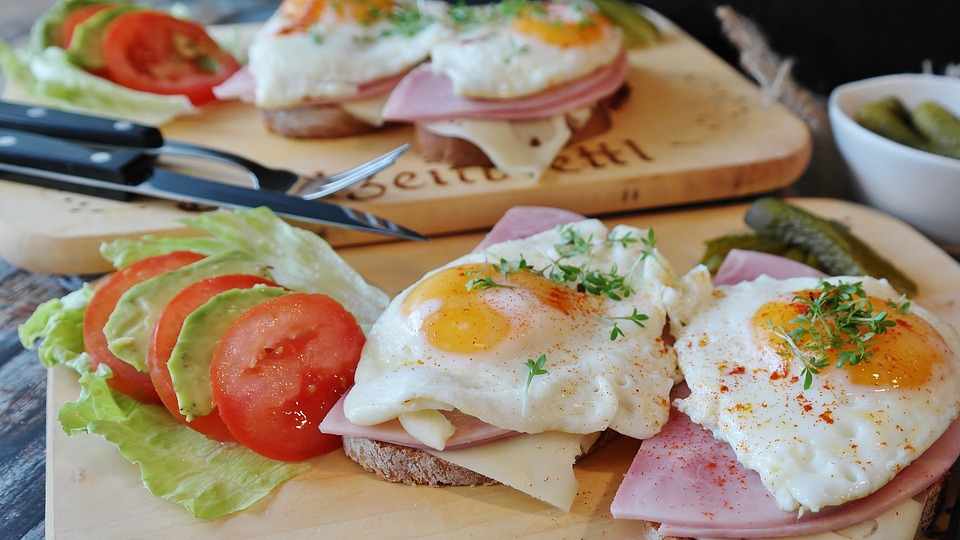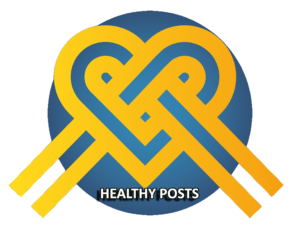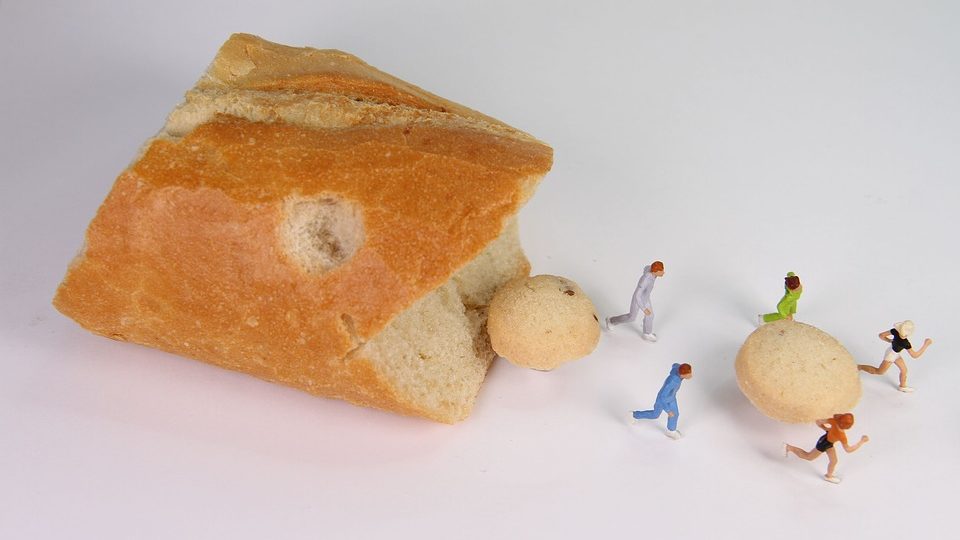On average you burn around 100 calories for each mile you run so these calories need to be replenished. Additionally, you are using much more energy than normal so your carbohydrate intake must also be increased.
Your muscles are working much harder than they previously were and in order to ensure they continue to work to their optimum level you will need to consume enough protein to sustain, strengthen and repair your muscles.
Everything that you put into your body will affect the way it performs, from regular and sufficient hydration, to vitamins, minerals and dietary intake, each one is as important as the next.
The timing of your food intake is also significant. If you miss meals, binge or eat too much or too little you will not on damage you overall health but also diminish the effectiveness of your run and increase your risk of injury.
Breakfast, lunch and dinner should be eaten regularly and you should not underestimate the necessity of refuelling after a run. It is more important to eat the right foods in the correct combinations than to fill a plate with whatever is at hand.
While it is often considered better to eat convenience food rather than no food, these are rarely nutritious and will provide little to no benefit for a runner. If you have no time to prepare a good quality meal, whip up a protein and carbohydrate rich smoothly. These are particular good for post run refuelling.
(Refuelling should be done within 30 minutes after you have completed your cool down for maximum recovery benefit)
Runners should aim to balance their meals with 55 – 65% carbohydrate, 20 – 35% unsaturated fats and 10 – 35% protein.

Complex carbohydrates provide a slow release energy source and are high in fibre so, unlike fast absorption carbohydrates, they allow the release of energy in a steady stream so you can avoid the highs and lows that result from blood sugar spikes.
Your main carbohydrate intake should be from complex Carbs however, pre and post run meals should include low fibre carbohydrate sources (simple Carbs) to give you an energy boost. Try to limit the intake of processed Carbs and stick to fresh fruit, fresh vegetables and whole grain foods for maximum nutritional value.
Sources of complex carbohydrates include:
- Green vegetables
- Starchy vegetables, (including pumpkin, corn, potato, parsnips, squash & sweet potatoes)
- Beans, peas, lentils
- Whole grain foods, (including whole grain pasta, whole grain bread & oatmeal)
- Brown rice
Sources of simple carbohydrates include:
- Yoghurt
- Banana and mango
- 100% fruit juice
- White bread
- White Rice
- Honey
- Milk
Fats
It is important to gain your fat intake from a healthy source rather than fried food and processed saturated fats. Unsaturated fats are the best source for your fat intake. There are two types of unsaturated fats and both have excellent health benefits; monounsaturated fat and polyunsaturated fat. Omega 3 and Omega 6 cannot be produced by our body but are essential when it comes to maintaining the health of our bones.
Sources of unsaturated fats include:
- Salmon
- Mackerel
- Sardines
- Avocado
- Olives
- Olive Oil
- Almonds
- Sesame Oil
- Peanut Oil
- Sunflower seeds
- Hazelnuts
- Peanuts
Protein
For the health and repair of muscles and tendons, protein is an essential requirement in your diet. Always make certain that the source of your protein intake is of a high quality. For a quick post run protein boost add a scoop of whey protein powder to your smoothie or milkshake.
Sources of protein include:
- Tuna
- Chicken
- Nuts
- Eggs
- Beef
- Turkey
- Fish
- Whey Protein Powder
- Cottage Cheese
- Yoghurt
Don’t restrict yourself too much, if you never indulge in a tasty dessert, a bar of chocolate or a cool glass of wine every now and again then your will begin to crave those treats. Allow yourself a little pleasure occasionally.



![10 [Top] Things to Never Tell Your Kids!](https://postshealthy.com/wp-content/uploads/2019/12/child-218x150.png)


![10 [Top] Things to Never Tell Your Kids!](https://postshealthy.com/wp-content/uploads/2019/12/child-100x70.png)




